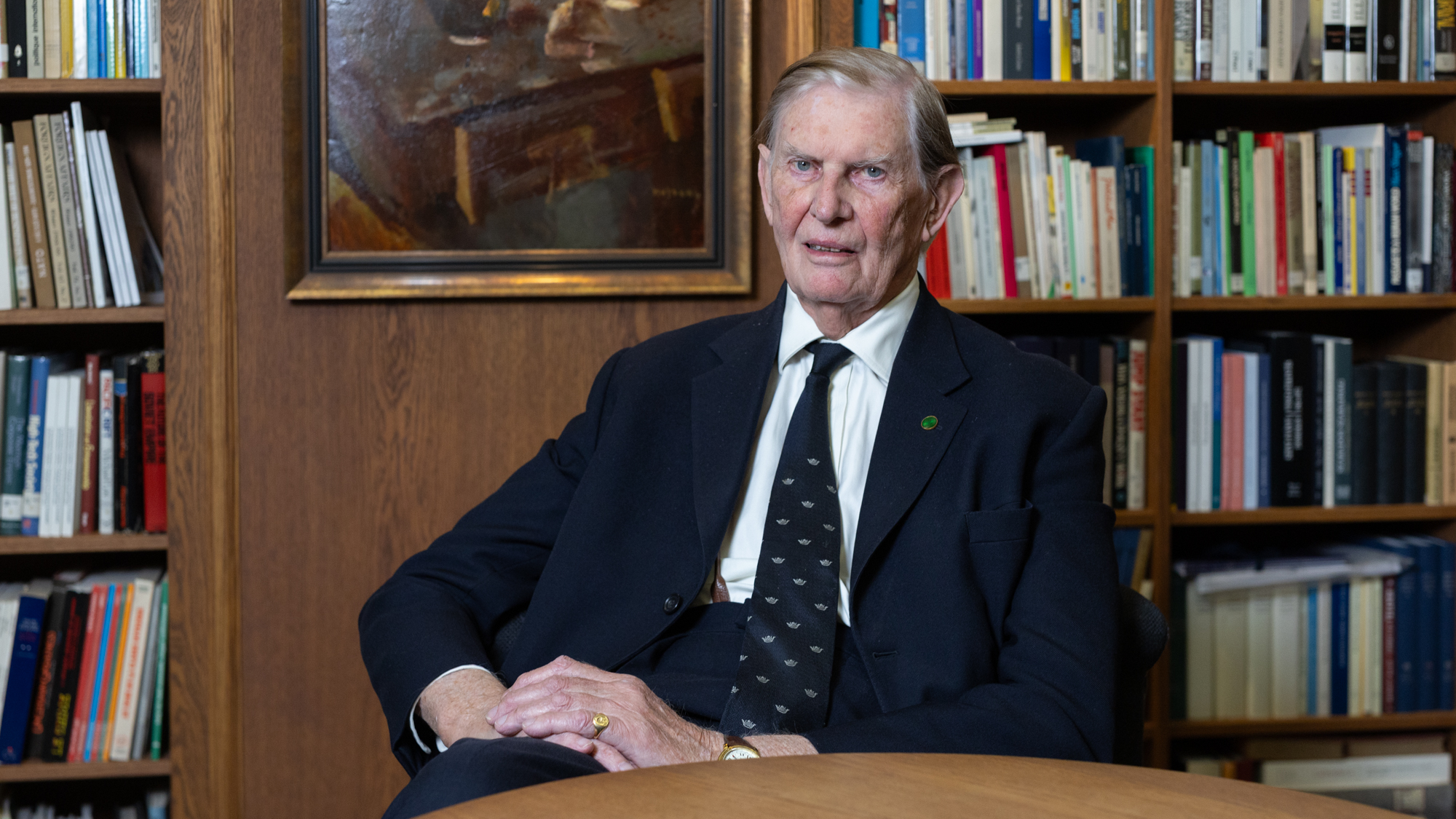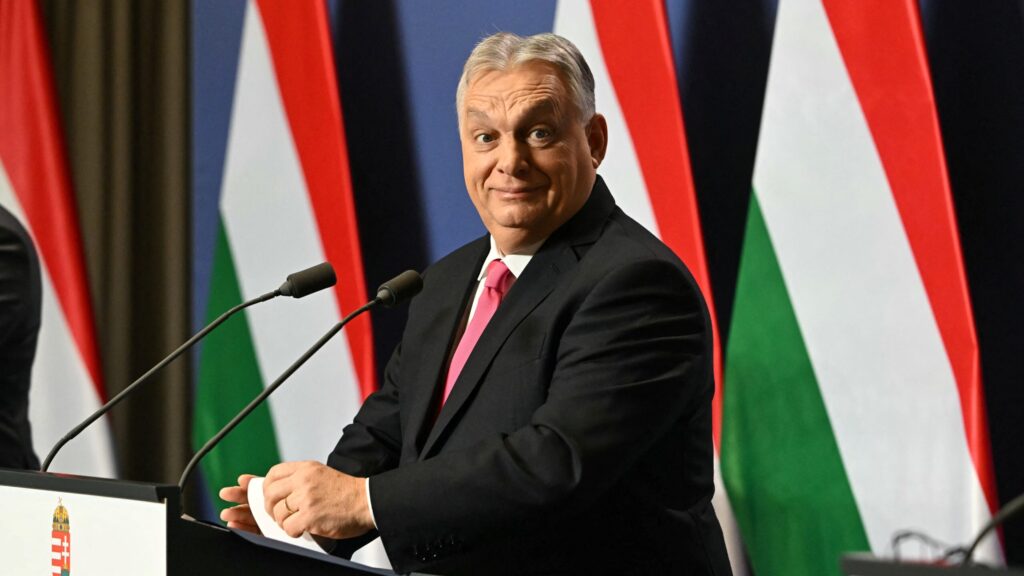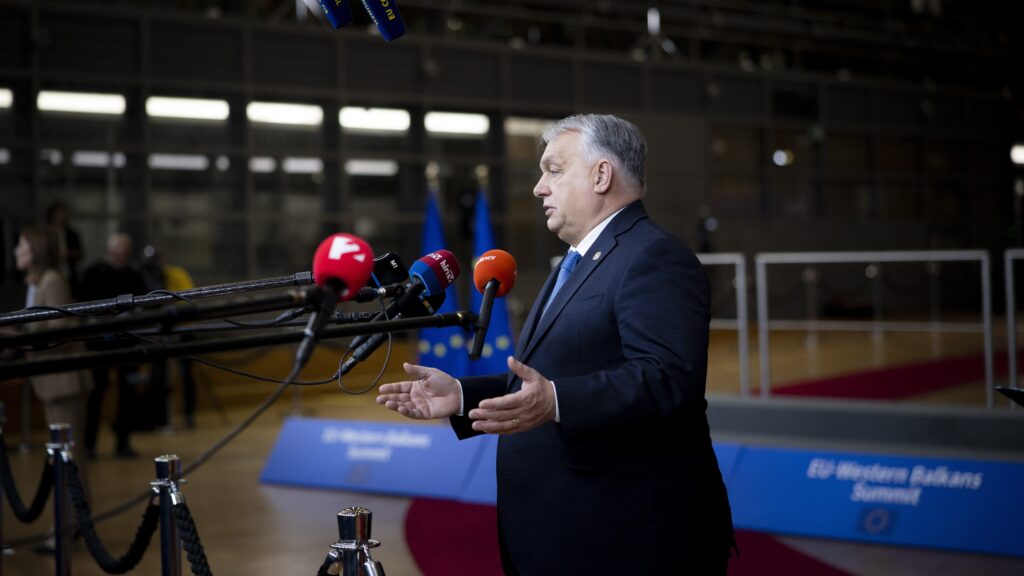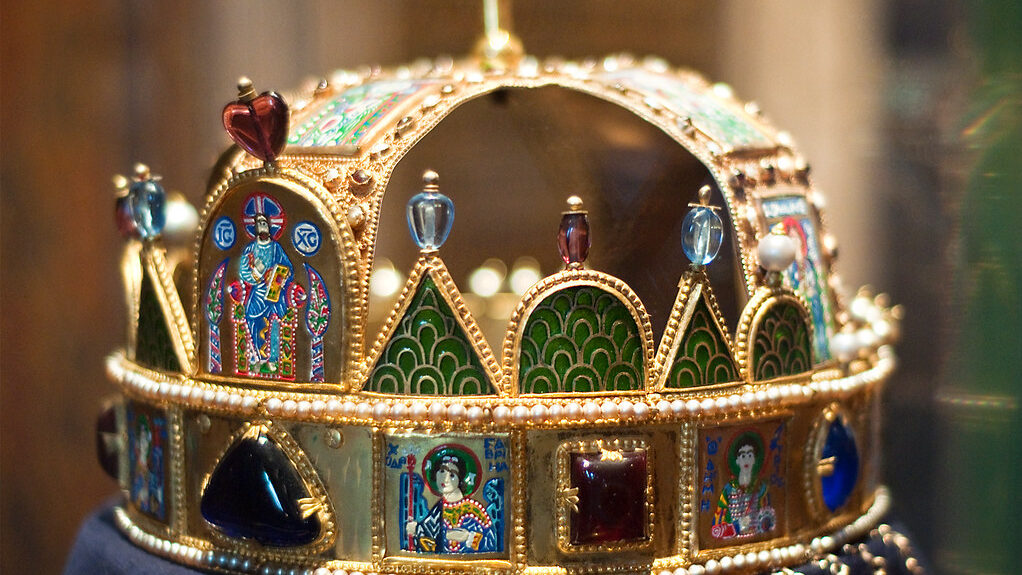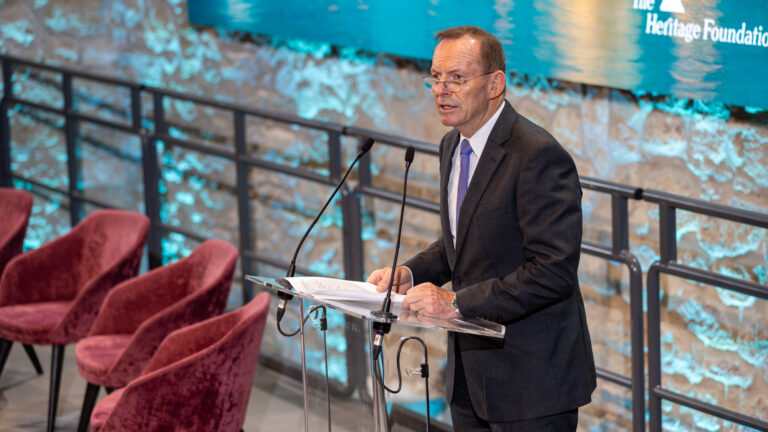Sir William Cash was a Member of the Parliament of the United Kingdom for 40 years, between 1984 and 2024, representing the constituencies of Stafford, then Stone as a member of the Conservative Party. He worked closely with Prime Minister Margaret Thatcher during her time in office. Sir Cash came to Budapest, Hungary to honour Mrs Thatcher’s life and legacy at an event hosted by the Danube Institute. During his time in Budapest, he was also gracious enough to give an exclusive interview for our site.
***
I have listened to your speech at the Danube Institute conference, in which you mentioned how Margaret Thatcher’s view on foreign and domestic policy was shaped by growing up in a war-torn era. Can you please elaborate on that? How do you think it affected her views?
Very simply, she was a patriot. She had lived through the war—she was 15 when the war began. And I think that anyone of 15, coming from the background she did, with a father who was very, very political, would have been very conscious of the danger we were in during that war period. I had a similar experience when I was somewhat younger. Basically, she was brought up with a notion of patriotism, and I think that was her greatest instinct. Certainly, she had very strong views about a good economy and all the good lawmaking that was needed. But if you go into the European Community, you can’t make your own laws. You are made to obey the laws that come from the European Community. So her prime interest—ultimately, as a matter of instinct—was that she would have preferred self-government. She would have preferred the freedom of democracy, with Members of Parliament who made their own laws in their own Parliament.
Our Parliament goes back, at any rate—at the very minimum—400 or 500 years. And we have an unwritten constitution. We have the right to be able to make our own decisions in our own way. In the European Union—and of course, even before that, in the European Community—we didn’t. If you agreed to abdicate your responsibility to run your own country in accordance with the wishes of your own electors, you were effectively, as I said, committing a kind of political suicide.
And she actually referred to that on the Maastricht Treaty, on which I led the rebellion in the 1990s against my own government. She supported me—almost. So there, I know for a fact that although she’d been through an agonizing period, where she’d been hemmed in by other members of her cabinet and had less chance to go by her instincts, once she had left the House of Commons—and even before she left the House of Commons—she backed the referendum proposal. Because she knew that was the only way in which we could regain our self-government, which, after all—if you think back far enough—we would have lost had we lost the Second World War.
In the moments when she was formulating her thinking as a young girl, I think this had a profound influence. It was a kind of belief, it was a conviction, and it was based on a kind of spiritual understanding—a belief in her own country. I think that is the essence of Margaret Thatcher.
Here at the Danube conference, she was mostly remembered for her role in the Cold War. But during her time, I’m assuming the British electorate was less interested in the Cold War and more interested in domestic policies.
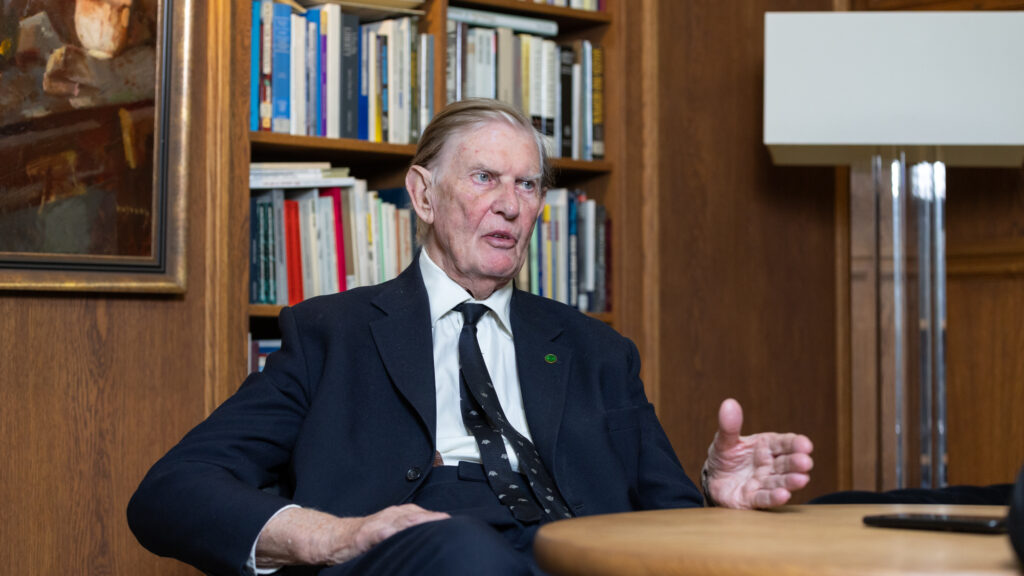
Well, I’m not sure about that. I think actually we were very concerned about the Cold War, because that again was about who governs you—and the question of whether or not we would be overinfluenced by what was going on in the Soviet Union. The reason why she was so devoted to Hungary was because Hungary was the first place she visited, as you know, in Eastern Europe in 1984—and she came back on subsequent occasions. She had a huge belief in the sense of independence that Hungary itself has, and which your Prime Minister has as well: national identity, determination to secure your borders, and the right to govern yourselves. You have a dilemma, which is the one she had at the time before she left Parliament—she was in a European Community, just as your Prime Minister is now in a European Union. But you’re being fined €1 million a day for your belief in your borders! That is a very, very important issue.
So, I think that she would have well understood the pressures on your Prime Minister and your country—and also all the laws made about employment or the overregulation that comes from the European Commission. You have to resolve these questions as you go forward, and I’m not going to presume to give advice to your Prime Minister on this, except to say that I made my decision as a Member of Parliament to fight this before we came out. I led the rebellion against John Major because he was actually, as I said in my speech, endorsing the idea of European government—which meant that we wouldn’t be governing ourselves, with a movement toward political union.
I will say this: Margaret Thatcher was not only very close to me, but I was very close to her as well. We had many discussions about all these messes, and she had her red lines—she was never, ever going to accept political union. She was never going to accept a single currency.
‘She was never, ever going to accept political union. She was never going to accept a single currency’
Now, that all happened after she’d left the House of Commons and ceased to be Prime Minister. But when she had the opportunity, she made it completely clear she would never have signed the Maastricht Treaty as Prime Minister. That means she would have left the European Union.
When she came here in February 1984, she could have come to a lot of other cities in the communist bloc. She could have come to Prague, she could have come to Warsaw, she could have even come to Moscow. Do you remember any of those discussions that led to her choosing Budapest?
I know what happened in her mind because, as I shall say at the unveiling of her statue, she was very deeply influenced by the Hungarian brutality by the Soviets in 1956. As I shall say tomorrow, it burned in her soul. So her love of Hungary was based on her experience of seeing the brutality with which freedom was destroyed by the Soviet invasion in 1956. And it never left her—she had a very special place in her heart for Hungary.
She actually laid the wreath at Heroes’ Square. I happened to see that on video only yesterday, and she was very proud to do it.
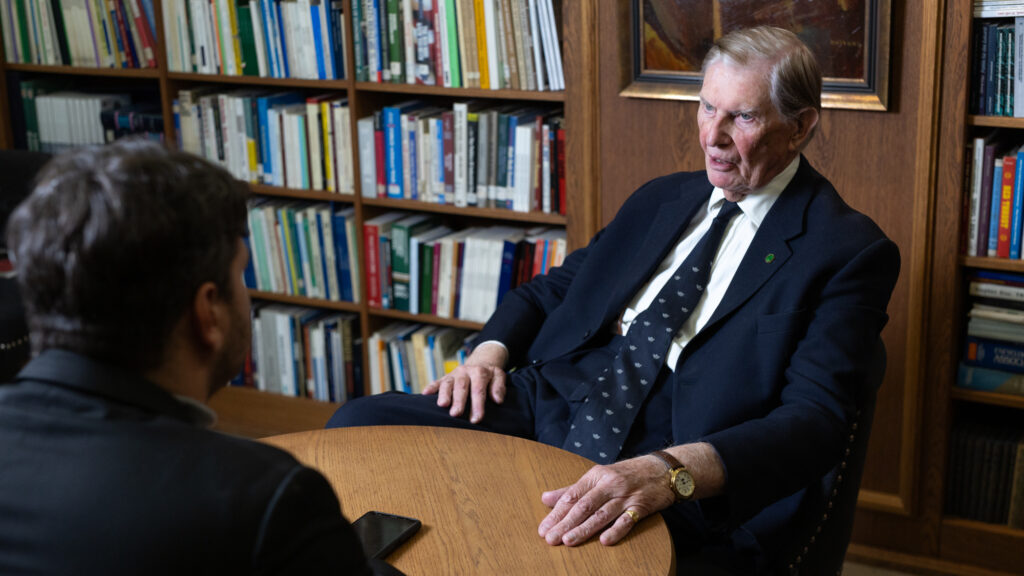
I was a little bit surprised that throughout the conference, from what I heard, we didn’t hear about Prime Minister Thatcher’s relationship with Queen Elizabeth II.
Well, the Queen is not in a position to dictate policy. So she would have had many, many discussions. She got on with the Queen much better than some people report. And I know for a fact that Margaret Thatcher and the Queen were on very good terms.
All I can say is that you wouldn’t expect, at a political conference, for us to be talking very much about the Queen. She’s a constitutional monarch. She effectively has to do whatever it is her government says — that’s the deal in England. It’s not a political position; it’s a constitutional position.
Related articles:

